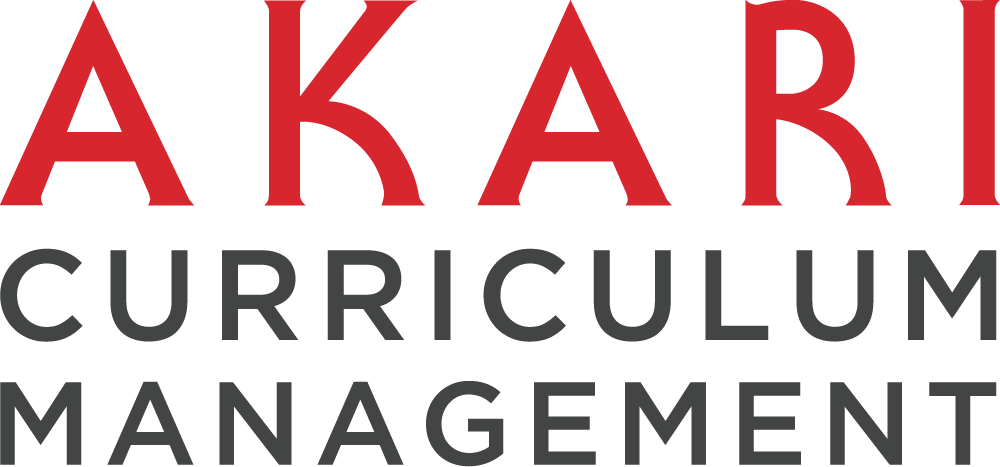The pursuit of student success is an ongoing objective within the realm of academia. At its core, student success encompasses more than the mere acquisition of knowledge; it encapsulates the holistic development and accomplishment of learners in a variety of contexts.
Definitions of Student Success
Student success is the achievement of academic milestones, active engagement in educational pursuits, acquisition of life skills, and maintenance of overall well-being, reflecting a holistic approach to personal and professional growth, adaptable to diverse student needs and aspirations.
Historically, student success has been measured by academic benchmarks such as grades, graduation rates, and employment outcomes post-graduation. However, contemporary perspectives advocate for a broader definition:
- Academic Achievement: Performances indicated by test scores, GPA, and successful course completion.
- Engagement: Active participation in educational activities, both curricular and extracurricular.
- Life Skills: Acquisition of competencies critical for personal and professional growth.
- Well-Being: Overall health, including mental and physical wellness.
Student success is dynamic, requiring an adaptable model to account for diverse student backgrounds, learning styles, and career aspirations.
Principles of Student Success
Central to enhancing student success are several principles that guide academic institutions in their mission:
- Inclusivity: Crafting educational experiences accessible to all students, with special attention to underrepresented groups.
- Personalization: Recognizing and accommodating individual learner needs and objectives.
- Support: Providing robust academic, financial, and emotional support structures.
- Feedback: Using assessments and evaluations to promote continuous improvement.
By upholding these principles, institutions can not only advance their educational missions but also foster the lifelong success of their students.
Key Areas for Focusing on Student Success
Successful implementation of student success strategies involves a comprehensive approach to key areas. Some of these areas include:
- Learning Environments: Constructing teaching spaces—physical and virtual—that encourage active and collaborative learning.
- Curriculum Design: Ensuring that curricular offerings are relevant, rigorous, and aligned with both academic standards and industry needs.
- Technology Integration: Employing digital tools to enhance learning and provide students with skills for the modern workforce.
Academic Support Services:
- Tutoring centers
- Writing workshops
- Career counseling
Health and Wellness Programs:
- Mental health services
- Fitness facilities
- Work-life balance initiatives
Community Engagement:
- Service-learning opportunities
- Leadership development
- Cultural competency workshops
Understanding and addressing these key areas can lead to significant improvements in student outcomes and satisfaction.
Conclusion
To conclude, the academic success of students is multifaceted, and it is incumbent upon educational leaders to adopt a comprehensive strategy that includes every definition, abides by the guiding principles, and touches upon all key areas. The integration of these components ensures that students are not just academically proficient but also well-prepared as they transition into their professional lives. It is through this focused approach that academia can truly optimize the chances of student success, thereby fulfilling its most fundamental obligations to learners and society at large.
By setting a tone that is both informative and professional, and by employing strategies such as persuasive language, bullet points, subheadings, short paragraphs, repetition, and technical language, we can effectively communicate the complex dimensions of student success in a manner that resonates with the academic community.
